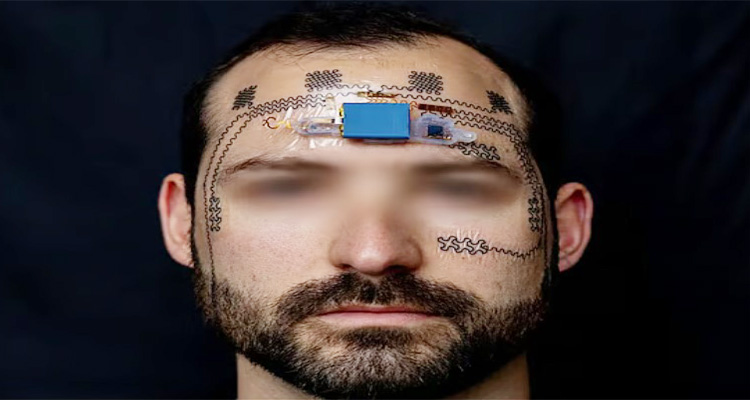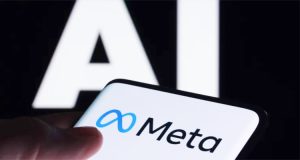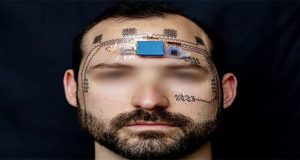E-Tattoo Arrives to Measure Mental Stress

e-tattoo mental stress monitoring
Scientists are interested in monitoring mental stress using wireless e-tattoos. They hope to decode brainwave data through these e-tattoos. With this new technology, researchers aim to track mental workload. E-tattoos could benefit workers like air traffic controllers or truck drivers by helping monitor their health.
Researchers have developed a temporary tattoo that can decode brainwaves and measure mental stress. Unlike bulky headgear, the e-tattoo offers a lightweight and wireless alternative. A research paper on the temporary wireless e-tattoo has been published in the science journal Device.
This tattoo can decode brainwaves to measure mental stress without the need for bulky headgear. Scientist Nanshu Lu states, “Technology is evolving faster than human evolution. Our brains can’t really keep up with the power of technology. Everything quickly becomes overwhelming.” She adds that mental stress varies from person to person and that a certain amount of work pressure is essential for good performance.
To understand brain activity, the e-tattoo uses processes known as electroencephalography (EEG) and electrooculography (EOG). It analyzes electrical signals from brain and eye movements to provide insights. The wireless e-tattoo includes a lightweight battery pack and paper-thin, sticker-like sensors. These sensors contain loops and coils and are designed to function smoothly on the skin. Different sensors collect data from different regions of the brain. The e-tattoo is also customized by measuring the facial features of each participant.
Researchers have already tested the e-tattoo on six participants. The study shows that as mental stress increases, there is heightened activity in the theta and delta brainwaves, while activity in the alpha and beta waves decreases — a pattern that indicates mental fatigue. The e-tattoo is able to capture this data effectively.
Based on the signals collected from the e-tattoo, researchers can estimate levels of mental workload. A computer model has also been trained to analyze the e-tattoo data. This model can predict signs of mental fatigue by interpreting the collected brainwave patterns.





